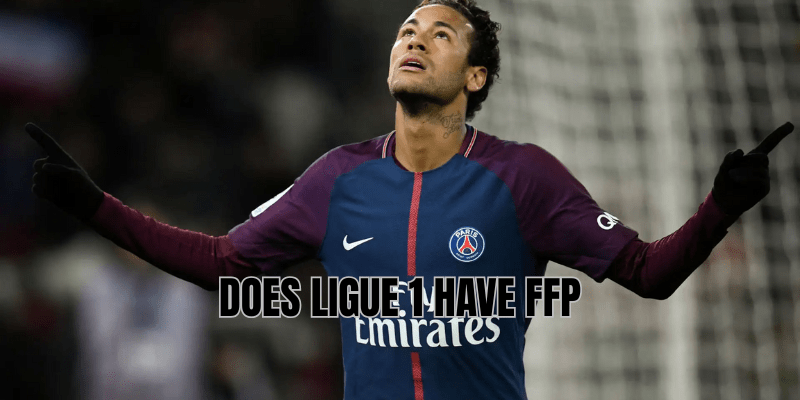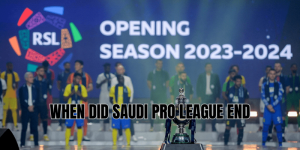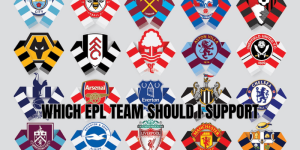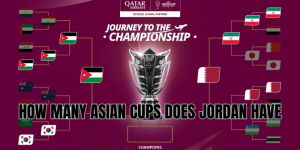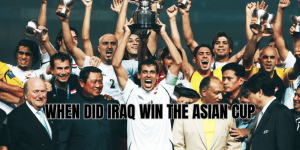In the world of football finance, the burning question often is: does Ligue 1 have FFP (Financial Fair Play)? The short answer: yes—but not exactly in the same form as UEFA’s FFP. French football uses its own system, led by the DNCG, plus all clubs in Ligue 1 must also comply with UEFA’s financial rules when playing in European competitions. ManoKick will guide you through how these systems coexist, how they differ, and what that means for clubs like PSG, Lyon, Monaco etc.
What is FFP and what exists in French football
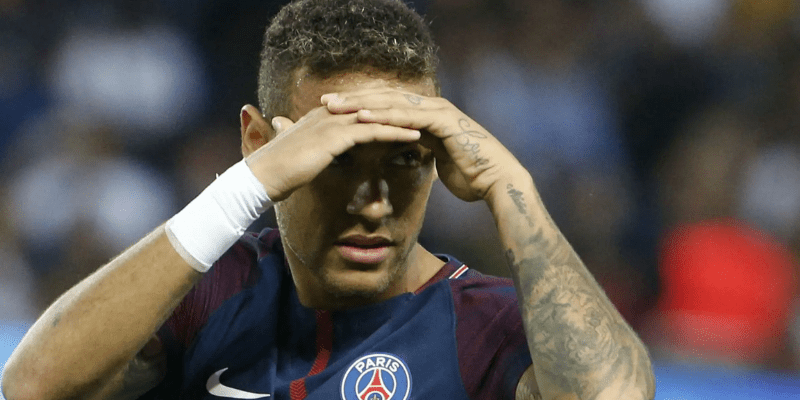
Before diving into Ligue 1 specifics, let’s clarify what “FFP” means in different contexts.
- UEFA Financial Fair Play / Financial Sustainability Regulations: Rules that govern how clubs across Europe must balance their books—limiting losses, keeping wages, transfers, agents’ fees in check, especially for clubs playing in UEFA competitions.
- In France, there is DNCG (Direction Nationale du Contrôle de Gestion) which predates much of UEFA’s FFP. It monitors solvency, financial health, budgets, and can sanction clubs domestically.
So when you ask “does Ligue 1 have FFP”, what you’re really asking is whether Ligue 1 has rules like FFP—and it does, through DNCG, plus the overlay of UEFA rules for eligible clubs.
How DNCG works: French domestic financial regulation
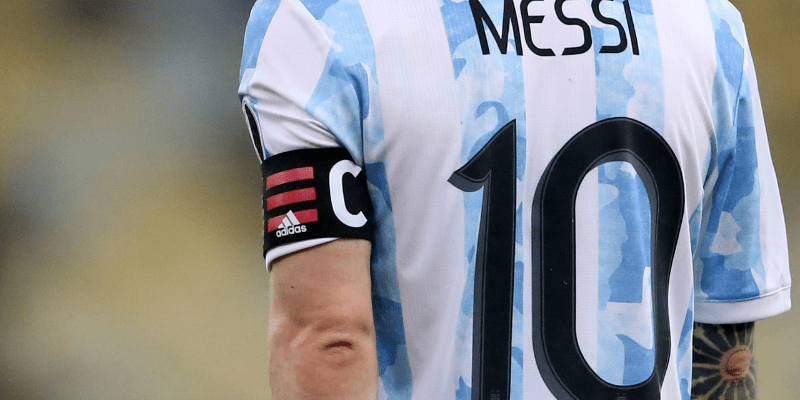
Here’s how the French systemia DNCG) regulates clubs:
- Mandate & scope The DNCG is an administrative financial watchdog tied to French professional football. It supervises all Ligue 1 clubs (and some clubs in lower divisions that used to be professional or recently relegated) to ensure they are financially sound.
- What they monitor • Revenues • Expenses (salaries, transfers, overhead) • Debt, cash flow, solvency, and financial guarantees.
- Sanctions If a club fails to meet the DNCG rules, penalties range, Lyon recently faced relegation but won an appeal after demonstrating improved finances and plans.
- Recent developments / pressure points The DNCG has been issuing warnings about clubs relying too heavily on anticipated TV rights, especially with instability over broadcast contracts. Clubs are being pushed to show budgets that don’t over-depend on uncertain future revenues.
So DNCG functions very much like a national version of FFP: ensuring financial sustainability, penalizing overspending or risky budgets, and maintaining competitive balance domestically.
UEFA rules and how they apply to Ligue 1 clubs
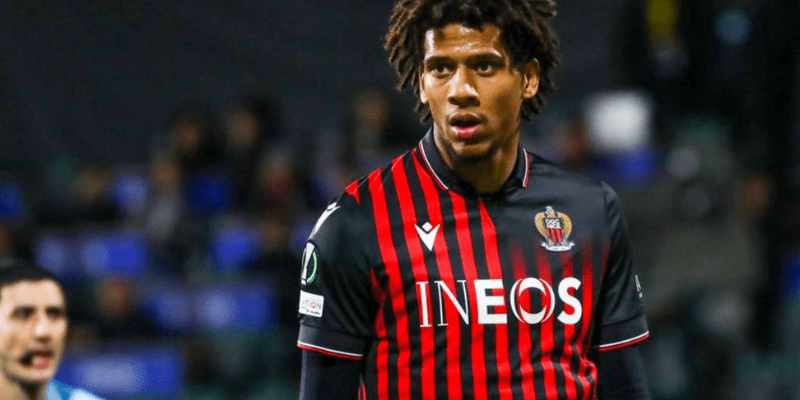
Being part of European competitions (Champions League, Europa League, Conference League) means that certain Ligue 1 clubs must also abide by UEFA’s financial rules.
- Break-even / cost control UEFA requires clubs to balance their revenues vs costs over multi-year monitoring periods. Losses beyond certain thresholds must be justified or subject to penalty / corrective procedures.
- Recent cases Some big Ligue 1 clubs like Paris Saint-Germain, Marseille, Monaco have in recent times worked under settlement agreements with UEFA, because of losses in earlier years (especially amplified by COVID-19). In 2022 and 2023, for example, they were “spared” harsher sanctions because they met certain financial targets under those agreements.
- Newer rules UEFA has evolved cost control rules—wages, transfers, agents’ fees must stay within percentages of revenue, reducing over time. Clubs failing to comply risk fines, limits on registration, exclusion.
How French/DNCG rules compare to UEFA FFP: similarities and differences
Understanding how Ligue 1’s system is similar to and different from UEFA’s FFP rules is crucial:
| Aspect | Similarities | Differences |
| Goal | Both aim to avoid clubs spending what they don’t have; promote financial sustainability. | DNCG focuses more on solvency and risk of collapse, whereas UEFA also emphasizes comparative profitability & losses over time. |
| Scope of monitoring | Revenues, wages, transfers, debt, cash flow are examined in both. | UEFA often monitors over multi-year “break even” periods; DNCG may act more immediately on annual accounts and projections. |
| Sanctions | Both systems impose sanctions: fines, restrictions, abnormal oversight. | DNCG can impose domestic penalties like relegation or transfer bans; UEFA’s sanctions affect eligibility in European competitions. |
| Applying rules | Top French clubs must satisfy both DNCG and UEFA if they play in Europe. | Clubs only playing domestically are bound mainly by DNCG; UEFA rules only kick in if participating in European competitions. |
Recent example: Lyon’s financial drama in Ligue 1
To see these rules in action, look at Olympique Lyonnais:
- Lyon was threatened with relegation by the DNCG after financial scrutiny. Their debts, reported losses, and risk exposure were deemed severe.
- The club appealed; under new management (including leadership changes, new financial guarantees), Lyon demonstrated a plan to control payroll, limit transfers, and show liquidity. DNCG’s appeal committee overturned the relegation but imposed strict financial oversight for 2025/26.
- This shows the dual might of domestic regulation: clubs can be punished severely, but there is also an appeal route—if they can show serious financial restructuring. Fans saw drama, but also an example of how DNCG works in practice.
Why this matters: risks and opportunities for Ligue 1 clubs
For Ligue 1 clubs, these rules are more than just regulations—they shape strategy, transfers, and long-term competitiveness.
- Risks • Overspending leads to sanctions, reputational damage, or even relegation. • Dependence on volatile income is dangerous if contracts shift or payments delayed. • Balancing competition (staying competitive domestically and in Europe) while controlling finances is tough.
- Opportunities • Clubs building strong academies, selling young talent, can become more sustainable. • Clear financial governance can attract investors, sponsors who trust stability. • Being among clubs that comply with both domestic and UEFA rules gives more credibility and fewer legal/financial headaches.
Answer in full: Does Ligue 1 have FFP?
Putting it all together: does Ligue 1 have FFP? Yes—Ligue 1 has financial fair play systems in place, though not named exactly “FFP” always. The domestic system is primarily DNCG, which acts to enforce fiscal responsibility, solvency, and discipline among clubs. For clubs playing in Europe, UEFA’s FFP / Financial Sustainability / cost control rules also apply. These systems often overlap, but each has unique features, penalties, and triggers.
Thus, Ligue 1 clubs are subject to both domestic financial oversight and European rules where applicable. The presence of both makes the financial world of French football especially rigorous, though implementation and enforcement face real challenges.
Conclusion
Does Ligue 1 have FFP? Yes—it does, through its own governing body, the DNCG, which enforces rules similar in spirit to UEFA’s FFP, and through the overlay of UEFA’s regulations for clubs in European competition. For fans and club watchers, this dual system means high stakes: financial health isn’t just about balance sheets—it impacts transfers, squad building, league status, and glory on the continental stage.
If you enjoyed this breakdown, ManoKick invites you to explore further: check the latest financial reports of your favorite Ligue 1 club, follow DNCG rulings, and see how UEFA’s newer rules evolve. Want an analysis of how finances affect Ligue 1 title races? Or predictions for which clubs might run into trouble next season under these rules? Just ask!

